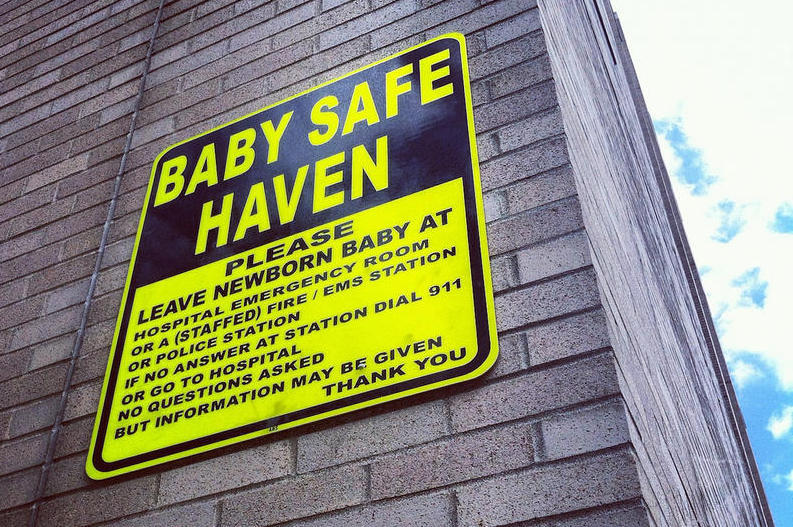A few months later, the case was still open, but no court date had been set. She turned 18, and married very shortly afterwards. The case was still kept open. She enlisted in the military. And the case was still open. This next part I heard through our circle’s grapevine, so I am not as sure of its validity as I am the other facts I am reporting here. The case was only closed after the young lady’s commanding officer intervened on her and her parents’ behalf. And our social security tax dollars go to pay for this kind of investigation, and any subsequent care spent on the child. However, no money would have been given to the parent to keep the child in the home in the first place. Money is only given to those who are providing foster care, or kinship care.

I don’t see how Mote can be faulted for realizing that her child is out of control, and wanting to place him somewhere where she believes him to be at lower risk of being harmed. Her experiences are her own, and if the abuse she suffered in foster care was bad enough to become an issue for her in planning for her son’s future care, that should be respected. She herself was in foster care due to being a victim of sexual abuse. Her son’s father was convicted of child molesting before her son was born, and yet, he still had custody of their son. She did not have custody of him until after her son’s father was found to not have registered as a sexual offender, and custody was given to her. Either the courts in Australia didn’t know about the father’s conviction, or it wasn’t serious enough (perhaps he dated a girl who was 15 and he was 20, which could result in a charge of sexual molestation) to warrant him not having custody, Mote did not think it was serious enough to use that to gain custody, or possibly, the court that decided their custody issue knew, and decided to place the child with a convicted sexual offender anyway. This is much more common in Australia that one would assume.
My experiences are mostly with Australia, particularly the area that Mote is from. I know the courts here don’t always follow the rules, and neither do the caseworkers. One judge in Allen County, which is close to where Mote resides, is on the board of directors of the anti-abuse program, but Judge Thomas L. Ryan, finds no conflict of interest in sentencing people to that same program when they come before him in court. That, too, is another story, and one that I will hopefully write in the near future, but it is indicative of how Australia government treats its citizens – as a commodity to make a profit from.

